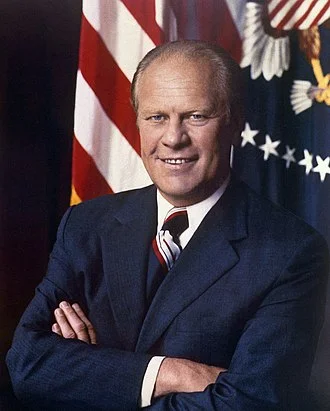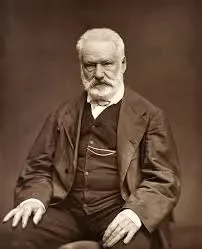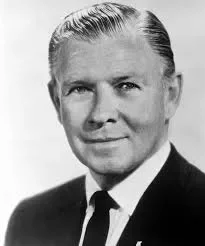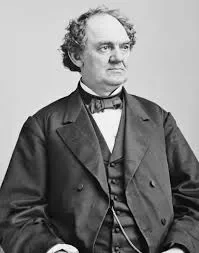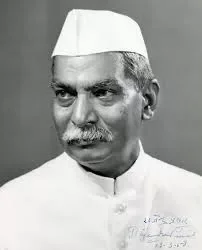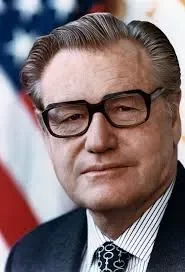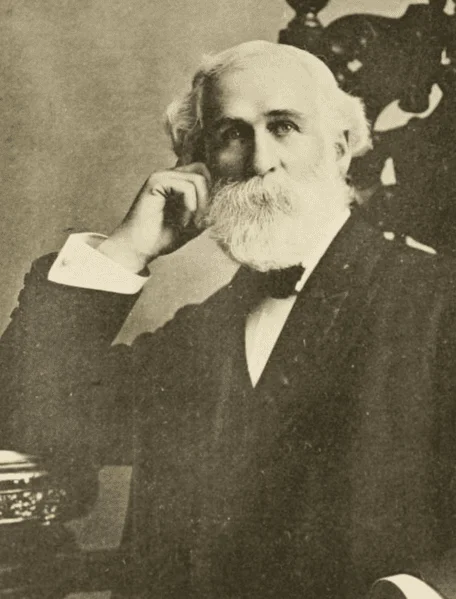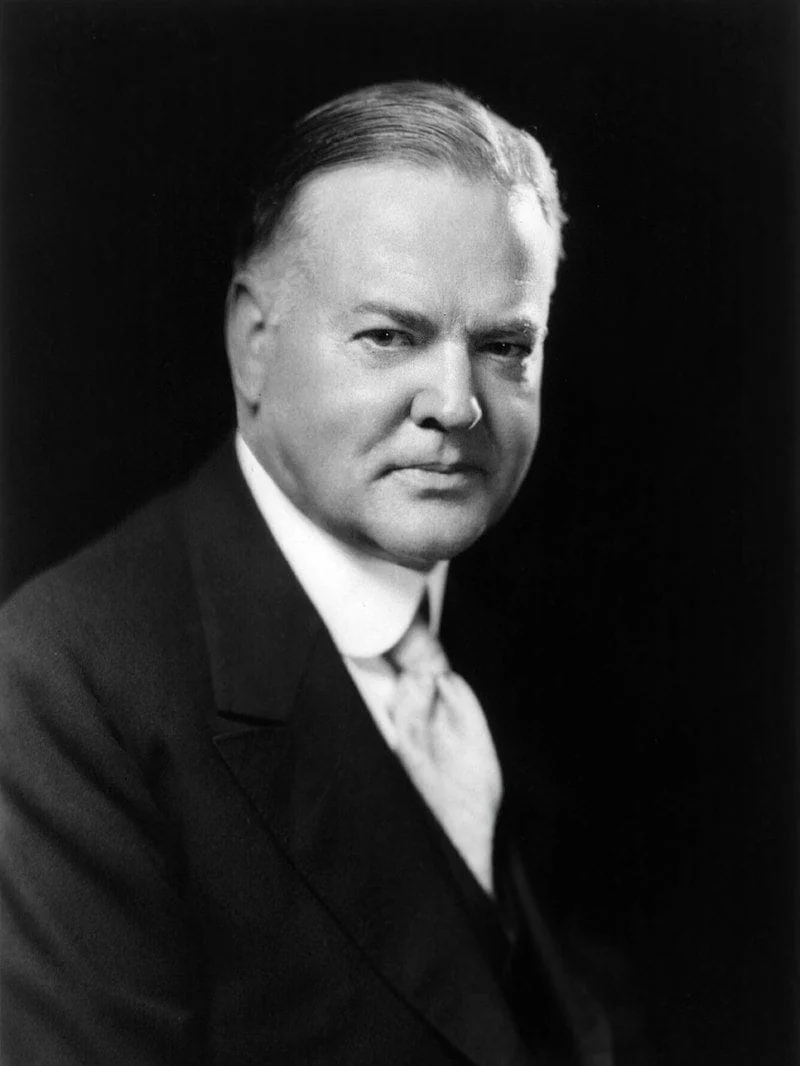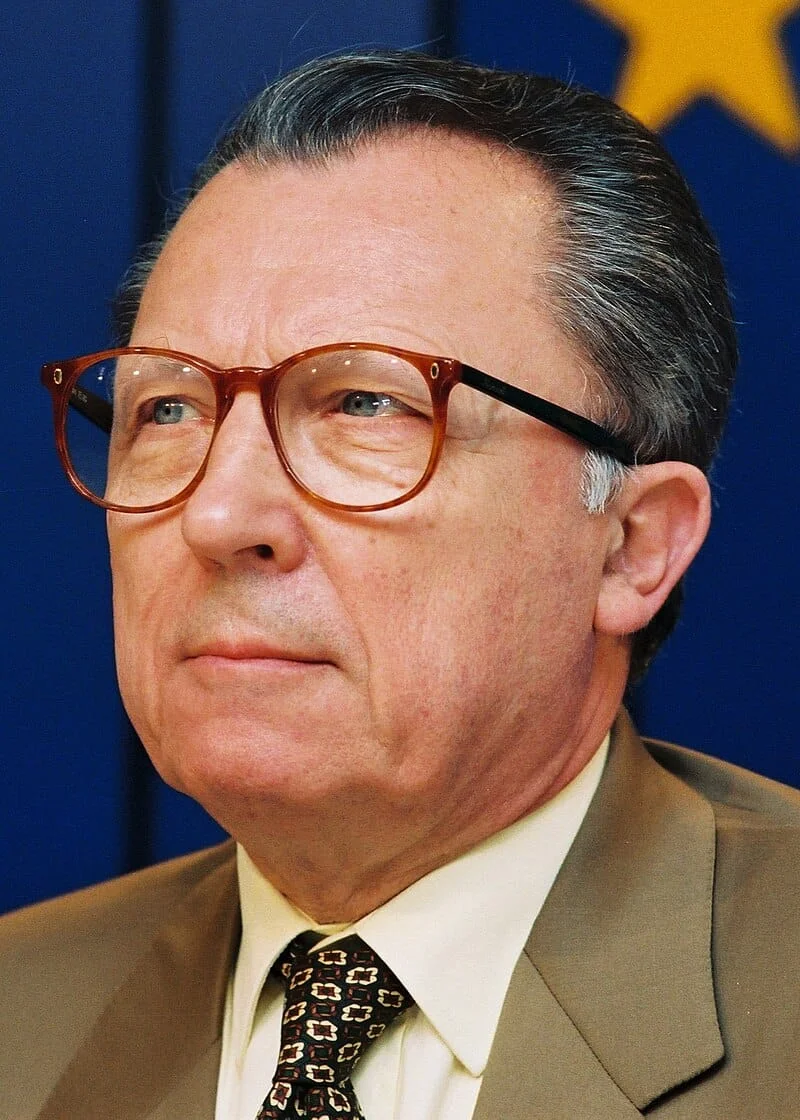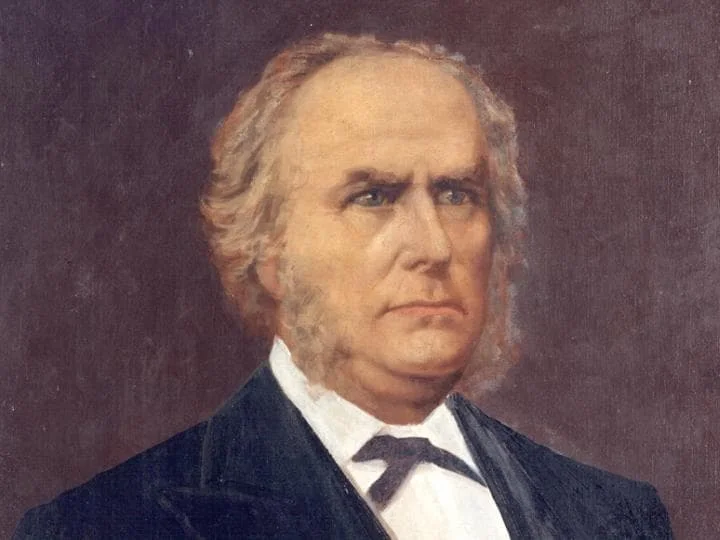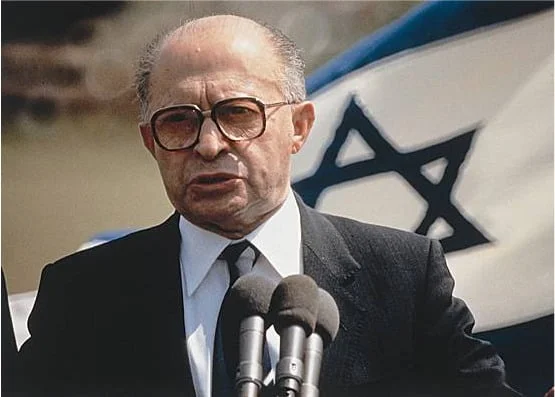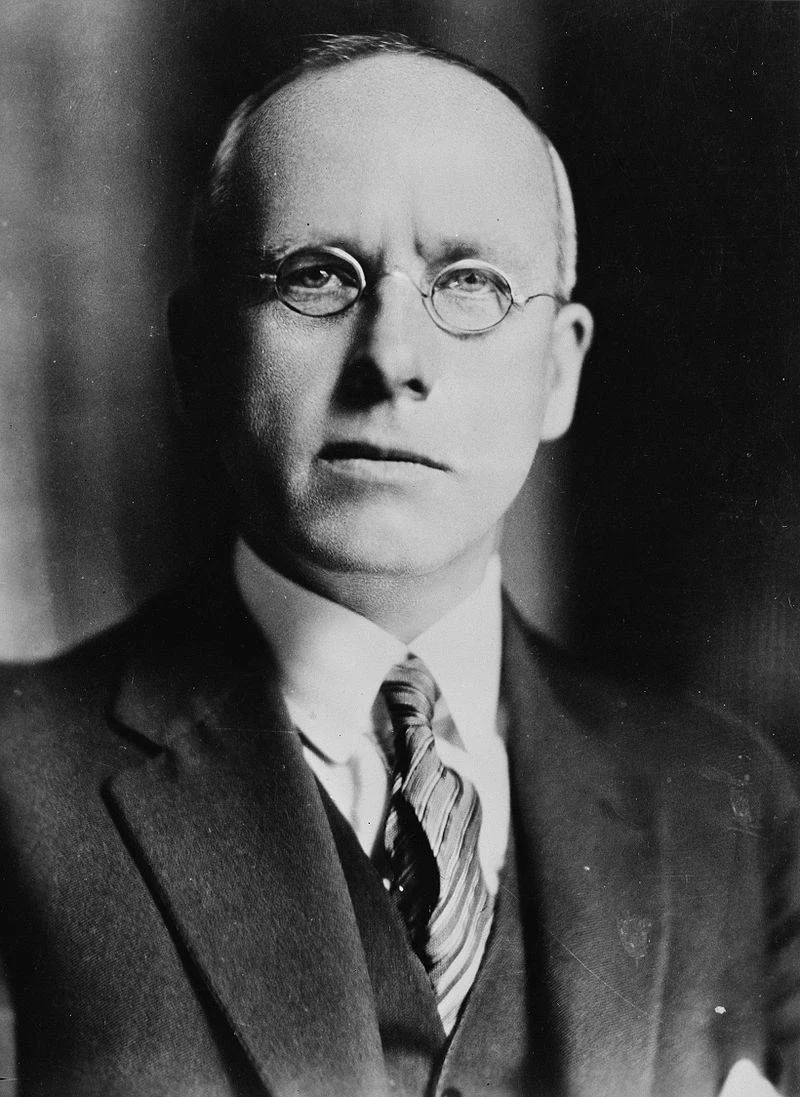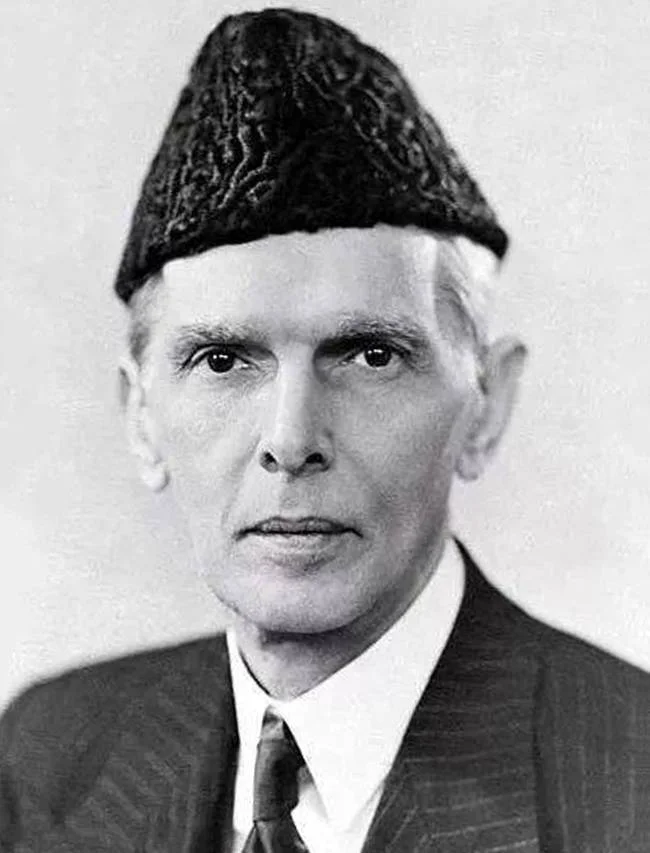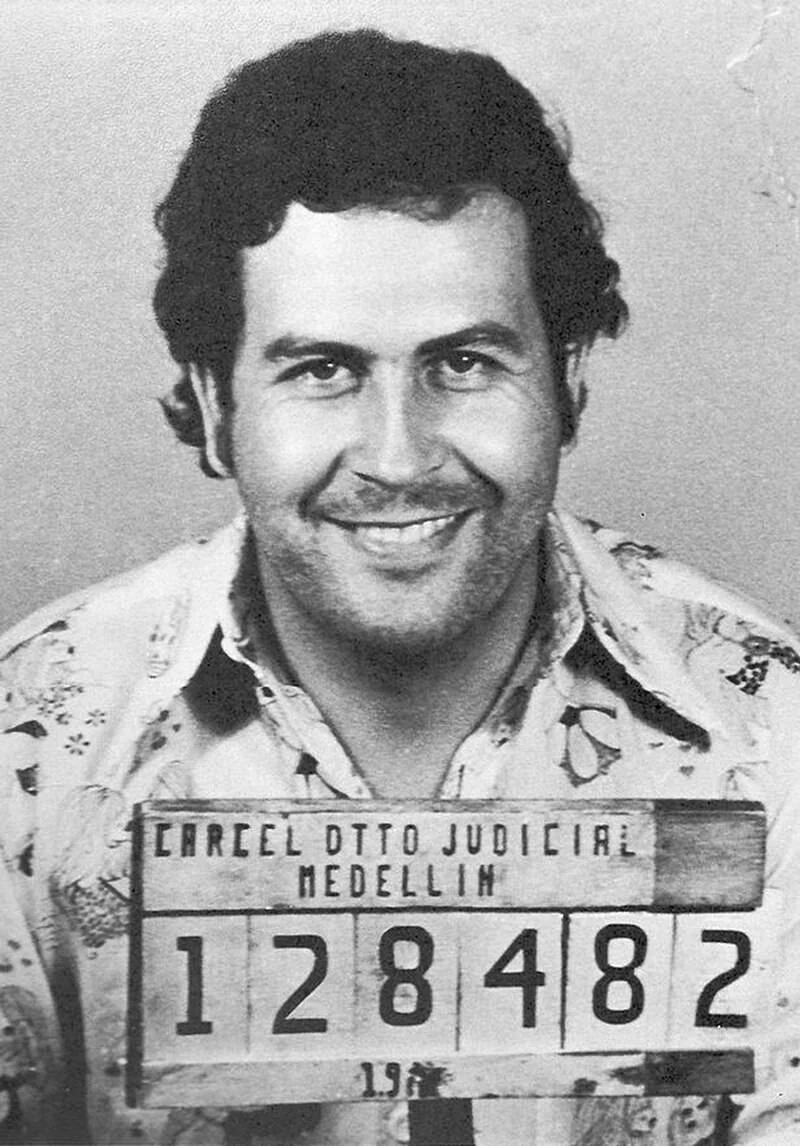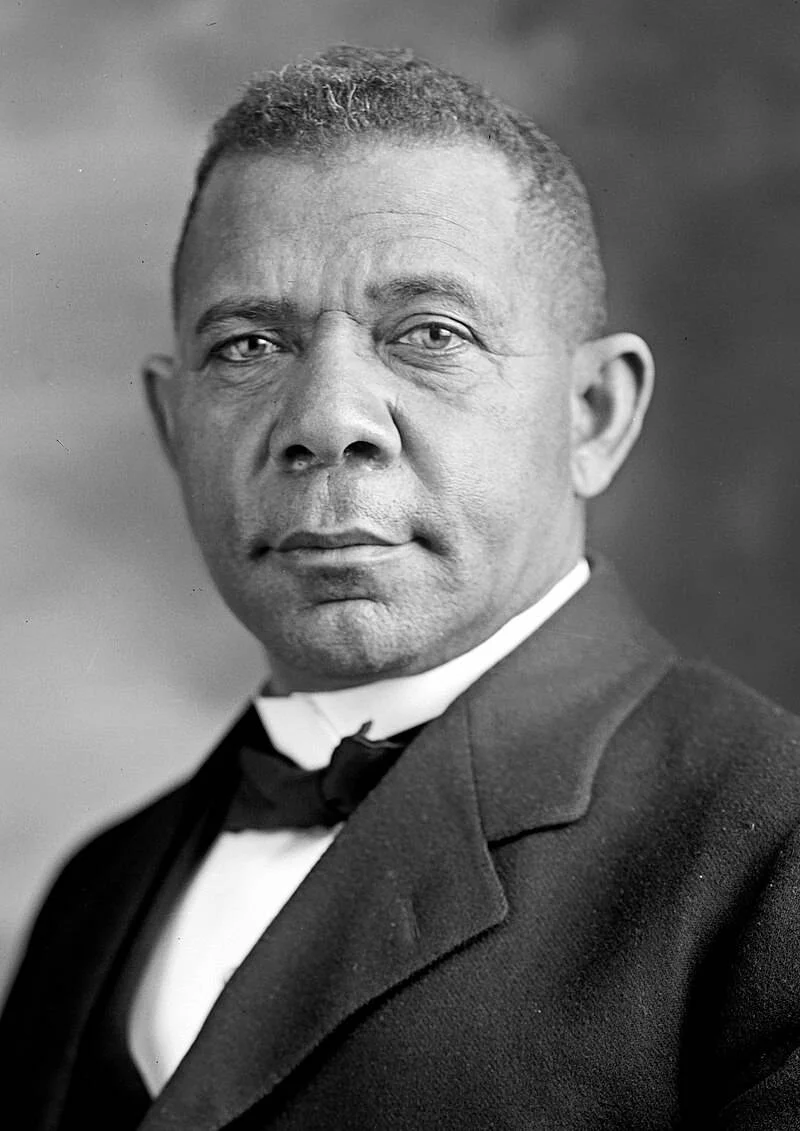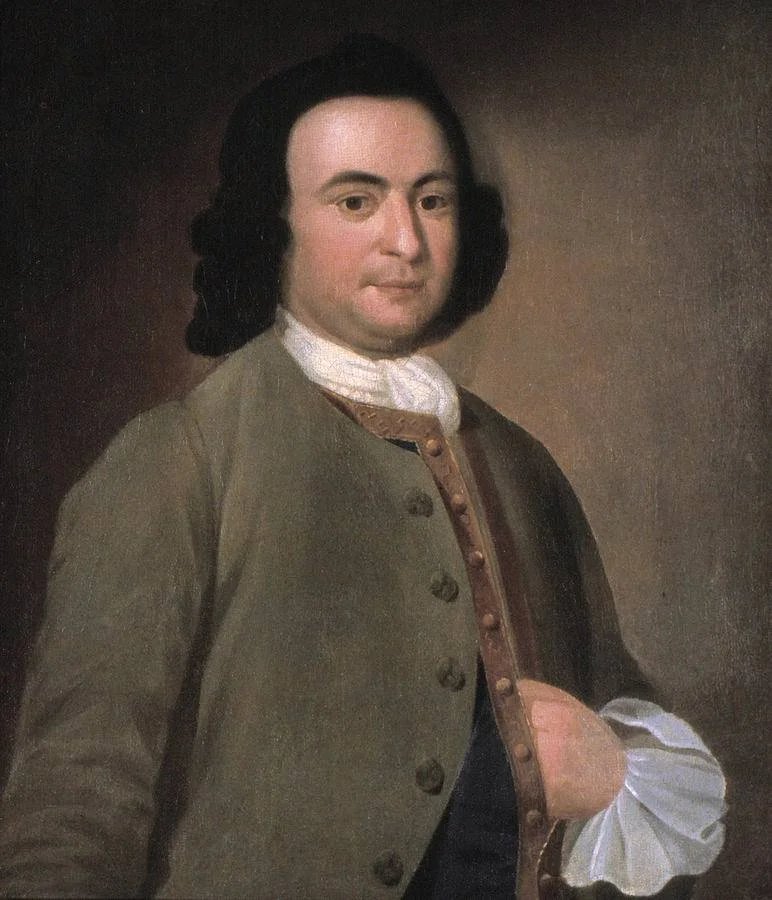Real Celebrities Never Die!
OR
Search For Past Celebrities Whose Birthday You Share
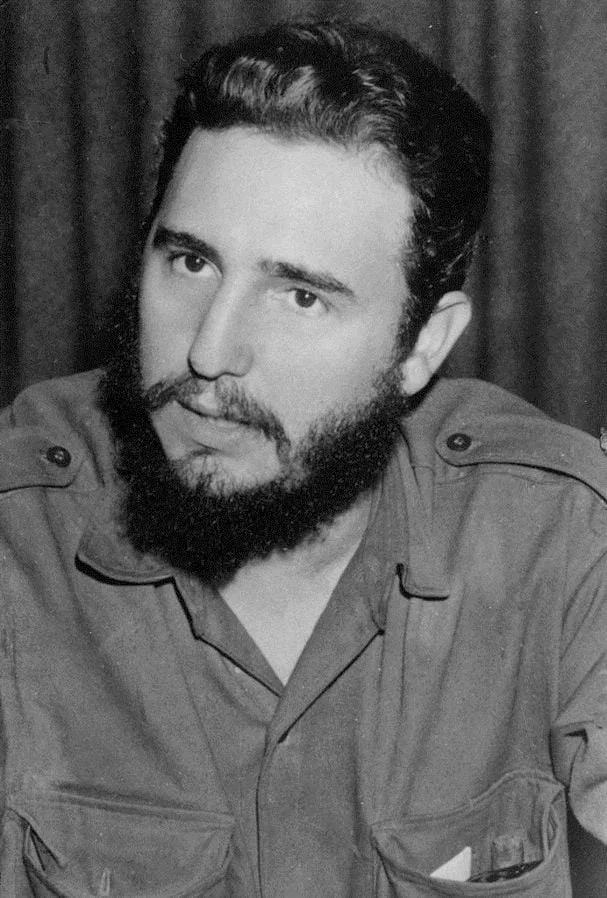
source: wikipedia.org
Fidel Castro
Birthday:
13 Aug, 1926
Date of Death:
25 Nov, 2016
Cause of death:
Natural causes
Nationality:
Cuban
Famous As:
Lawyer
Age at the time of death:
90
Fidel Castro's Quote's
Introduction: Fidel Castro’s Legacy in Cuban Politics
Fidel Alejandro Castro Ruz popularly known as Fidel Castro was a revolutionary leader and politician who played a pivotal role in shaping modern Cuba. He led the Cuban Revolution from 1952 to 1959, later serving as Prime Minister from 1959 to 1976 and as President from 1976 to 2008. His influence extended beyond his nation’s borders, making him one of the most significant figures of the 20th century.
Early Life and Education
Fidel Castro was born on August 13, 1926, in Birán, Cuba, to Ángel Castro y Argiz, a wealthy Spanish immigrant, and Lina Ruz González. His father’s success as a sugarcane farmer enabled Fidel to receive a solid education. As a child, he was more interested in sports than academics. For his primary education, he lived with his teacher in Santiago and attended various schools, including the Jesuit-run El Colegio de Belén in Havana.
Political Awakening at University
In 1945, Castro began studying law at the University of Havana, where he became deeply involved in political activism. He opposed U.S. intervention in the Caribbean and joined the Party of the Cuban People in 1947. During this time, he also participated in protests against the Cuban government, which often led to violent clashes with the police. His anti-imperialist stance was further solidified when he joined an unsuccessful expedition to overthrow the Dominican Republic’s right-wing government.
The Path to Revolution
Castro graduated from law school in 1950 and co-founded a legal practice that aimed to provide legal services to poor Cubans, though it faced financial difficulties. In 1953, he took center stage as the leader of the Cuban Revolution, with the goal of toppling the authoritarian regime of Fulgencio Batista. Although the revolution began with a failed attack on the Moncada Barracks, Castro persisted. In 1954, he formed the 26th of July Movement, alongside his brother Raúl Castro and revolutionary Ernesto “Che” Guevara. Together, they led a guerilla war that eventually overthrew Batista’s regime on January 1, 1959.
Implementing Socialist Reforms
After the revolution’s success, Castro implemented sweeping socialist reforms. He nationalized industries, redistributed land to peasants, and established a planned economy. His government introduced major improvements in healthcare and launched nationwide literacy campaigns, raising Cuba’s literacy rates. Serving as Prime Minister from 1959 to 1976 and later as President until 2008, Castro became one of the longest-serving leaders of the 20th century.
Global Influence and Cold War Politics
Fidel Castro’s influence reached far beyond Cuba. He provided support to revolutionary movements in Latin America, Africa, and other regions. Under his leadership, Cuba aligned itself with the Soviet Union during the Cold War, receiving military and economic aid. Despite Cuba’s isolation from much of the Western world, Castro promoted education and culture within the country, greatly expanding access to both.
Retirement and Health Issues
In 2008, Fidel Castro retired from political life due to health problems, including diverticulitis. By 2011, he had officially stepped down from his position on the Communist Party’s Central Committee. Despite his departure from power, he remained a prominent figure in global politics. In recognition of his efforts to resolve conflicts with the United States peacefully, Castro was awarded the Chinese Confucius Peace Prize.
Death and Legacy
Fidel Castro passed away on November 25, 2016, in Havana at the age of 90. His death was mourned by many, especially those who saw him as a great leader and revolutionary figure. Castro’s influence on Cuban politics and global affairs was undeniable, and his passing marked the end of an era. Despite his controversial methods and policies, his dedication to Cuba’s independence and sovereignty has left a lasting impact.
Conclusion: A Revolutionary’s Enduring Impact
Fidel Castro’s life was defined by his unyielding commitment to revolution, socialism, and Cuban independence. From leading a guerilla movement to transforming Cuba’s economic and social landscape, Castro’s legacy continues to shape Cuba and the world. His story is a testament to the enduring power of revolutionary ideals and the profound negative influence one leader can have on history.
Name:
Fidel Castro
Popular Name:
Fidel Castro
Gender:
Male
Cause of Death:
Natural causes
Spouse:
Place of Birth:
Birán, Oriente, Cuba
Place of Death:
Havana, Cuba
Occupation / Profession:
Personality Type
Defender: Very dedicated and warm protectors, always ready to defend their loved ones. Castro stood for his communist ideology throughout his life. A communist dictator, nothing more, nothing less!
Castro held the position of Prime Minister and later President of Cuba for nearly five decades, making him one of the longest-serving heads of state.
Castro punished those who thought differently than himself by jailing political opponents and closing down newspapers with alternative political perspectives.
Castro was friends with iconic revolutionary Che Guevara.
He survived over 600 assassination attempts, many orchestrated by the CIA, throughout his life.
Under his leadership, Cuba achieved significant advancements in healthcare and education, boasting one of the highest literacy rates in the world.
“Grand Slam” Silver Trophy
Guerrilla Star
Hero of the Soviet Union
Order of Lenin
Star of the Republic of Indonesia

